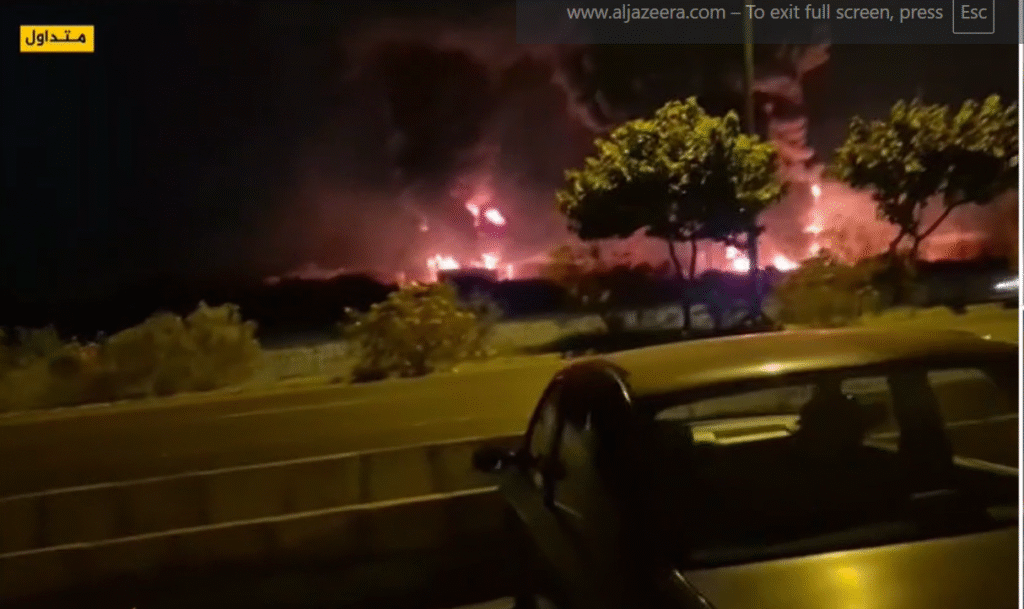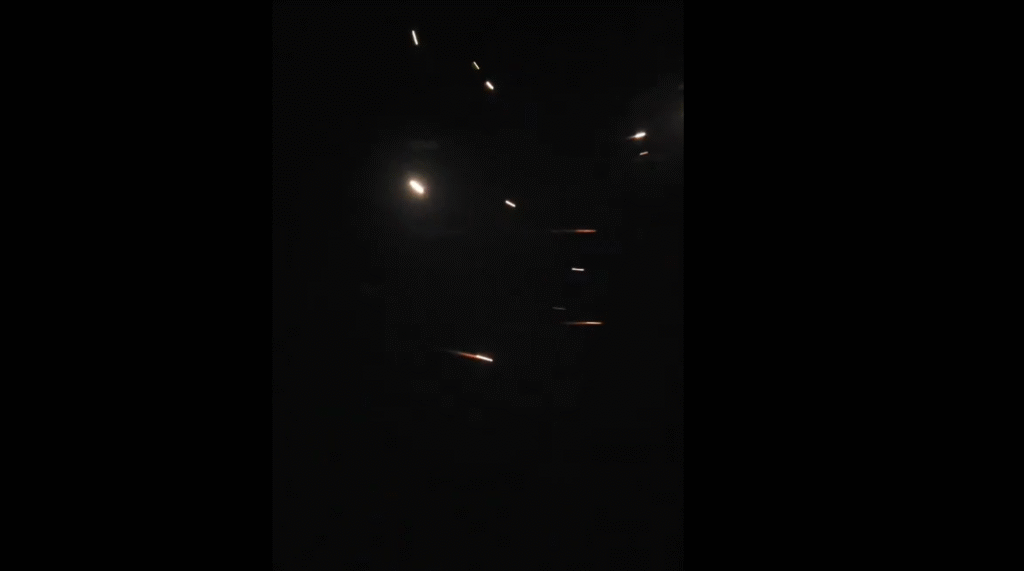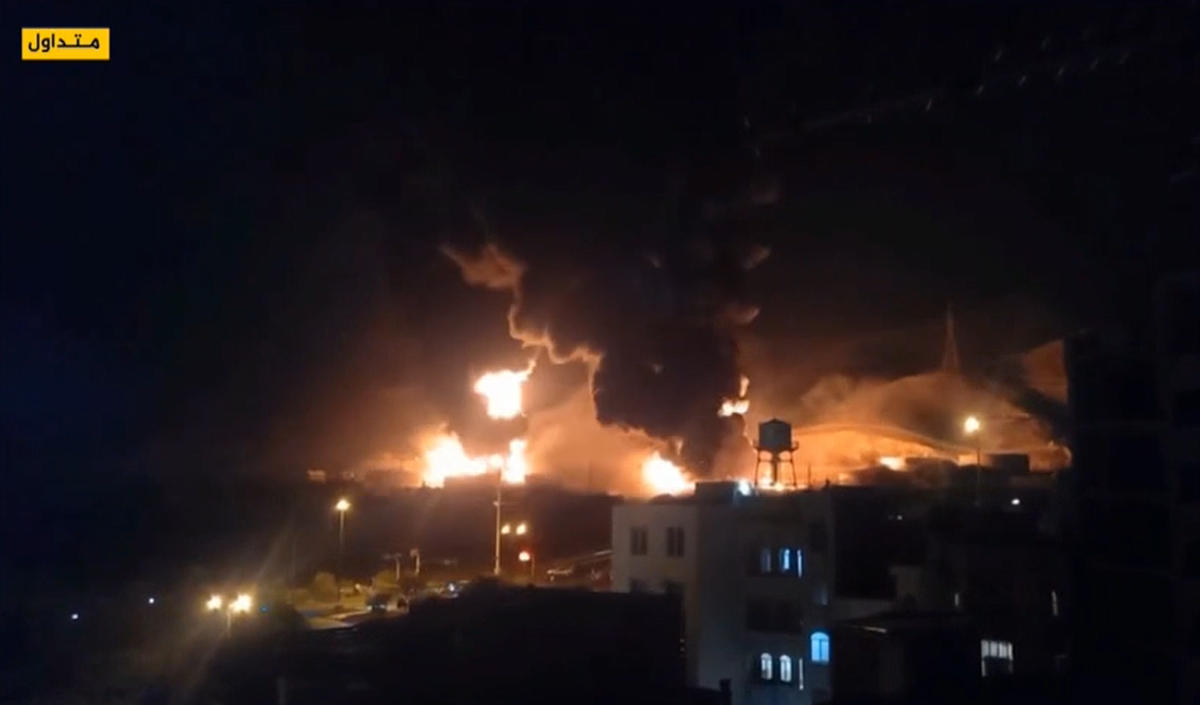June 15, 2025
Iran missile attack Haifa
In an unprecedented escalation in the Israel-Iran conflict, Iran executed a significant missile barrage on Haifa, Israel, on June 14, 2025, with missiles striking important strategic infrastructures within the northern port city. The attacks were consistent with a wide range of ballistic missiles, some reportedly hypersonic. This escalation along with prior attacks on Israel by Iran and Iranian-backed militant groups have raised the stakes in the Middle East and concerns extend beyond Iran and Israel regarding a potential share in conflict, further diminishing any opportunity for peace in the region. This article will explore some details of the Iran missile attacks on the city of Haifa, their implications, and the potential fallout for the region.

Details of the Haifa Missile Barrage
On June 14, 2025, air raid sirens sounded at approximately 10 a.m. in Haifa, as Iran launched an attack using approximately 100 ballistic missiles, with some reports suggesting they utilized hypersonic Fattah missiles, against military and strategic sites in the Haifa Bay region. Reports on social media platform X stated explosions lit up the night in Haifa, and unverified videos showed smoke emanating from points of impact. The Israeli Defense Forces’ (IDF) multi-layered defense capabilities, with mention of Arrow and Iron Dome systems intercepting several missiles, according to reports from IDF sources received by author/editor Dan Basciano, including missiles that passed through Israeli defense interceptors and struck infrastructure, in turn, setting fires.
Specific numbers will not be provided because local emergency services including Magen David Adom indicated that there were at least 35 injuries, with one in critical, injured condition. Local Fire and Rescue Service were called out to a report of a building impacted and a fire in an open area. While local authorities confirm the number of patients coming in, certainly the incident will make life in Haifa, an important and central economy in Israel partially defined by its port and industrial installations, even more problematic than it was previously to develop knowledge and understanding in an atmosphere of fear and uncertainty.
Iran’s Aims: Retaliation and Communication
Iran’s Islamic Revolutionary Guard Corps (IRGC) took credit for the attack, calling it part of “Operation True Promise III.” The attack was explained as retaliation for the extensive and sustained attacks by Israel on Iranian nuclear sites, as well as military targets, which include a reported attack on a uranium enrichment facility near Isfahan. The Iranian state-run media pointed out that the long-range missiles targeted purely military installations and avoided civilian infrastructure, and although the strikes in Haifa are of great concern because of potential civilian collateral damage.
If the hypersonic missiles are confirmed, this demonstrates that Iran wants to demonstrate a level of sophistication in its weapons systems and to deliberately address Israel’s limited national defense capacity against these advanced systems. If Israel used long-range drones against Iran, and hypersonic missiles against Israel, then this presents a significant evolution in Iran’s military strategy as they directly take on key Israeli sites as opposed to using threat strategies against proxies like Hezbollah. The strikes follow Iranian strikes earlier in October 2024 against military airbases and intelligence sites in Northern Israel.

Israel’s Reaction and Regional Animosity
Following the attack, Israel’s government quickly condemned hate, and Prime Minister Benjamin Netanyahu exhibited signs of a strong retaliation. The IDF, whose airstrikes were now continuously impacting military targets Dodo down in Tehran, added there was no end in sight to the hostilities. Netanyahu’s ministers said the nighttime strike was part of “a historic campaign” designed to target Iran’s nuclear and military capabilities associated with the events leading up to the deadly Iranian cyberattack on Israel.
In the new hostilities, Israeli Defense Minister Israel Katz added that future Iranian attacks brought severe consequences as Tehran itself will be strongly impacted.
The global reactions to the military actions have been mixed. The United States, as Israel’s primary ally (you may have heard of this country? – sometimes called the United States,) provided support by intercepting Iranian missile threats with U.S. Naval destroyers, however assisted in providing original coordination of a familial response. President Donald Trump noted that nation was also looking for a de-escalation as he had discussed ending the conflict with Russian President Vladamir Putin. Regional powers for example, Jordan, Iraq would not take kindly to the fact they would become embroiled in Israel trying to intercept attacks in their airspace.

